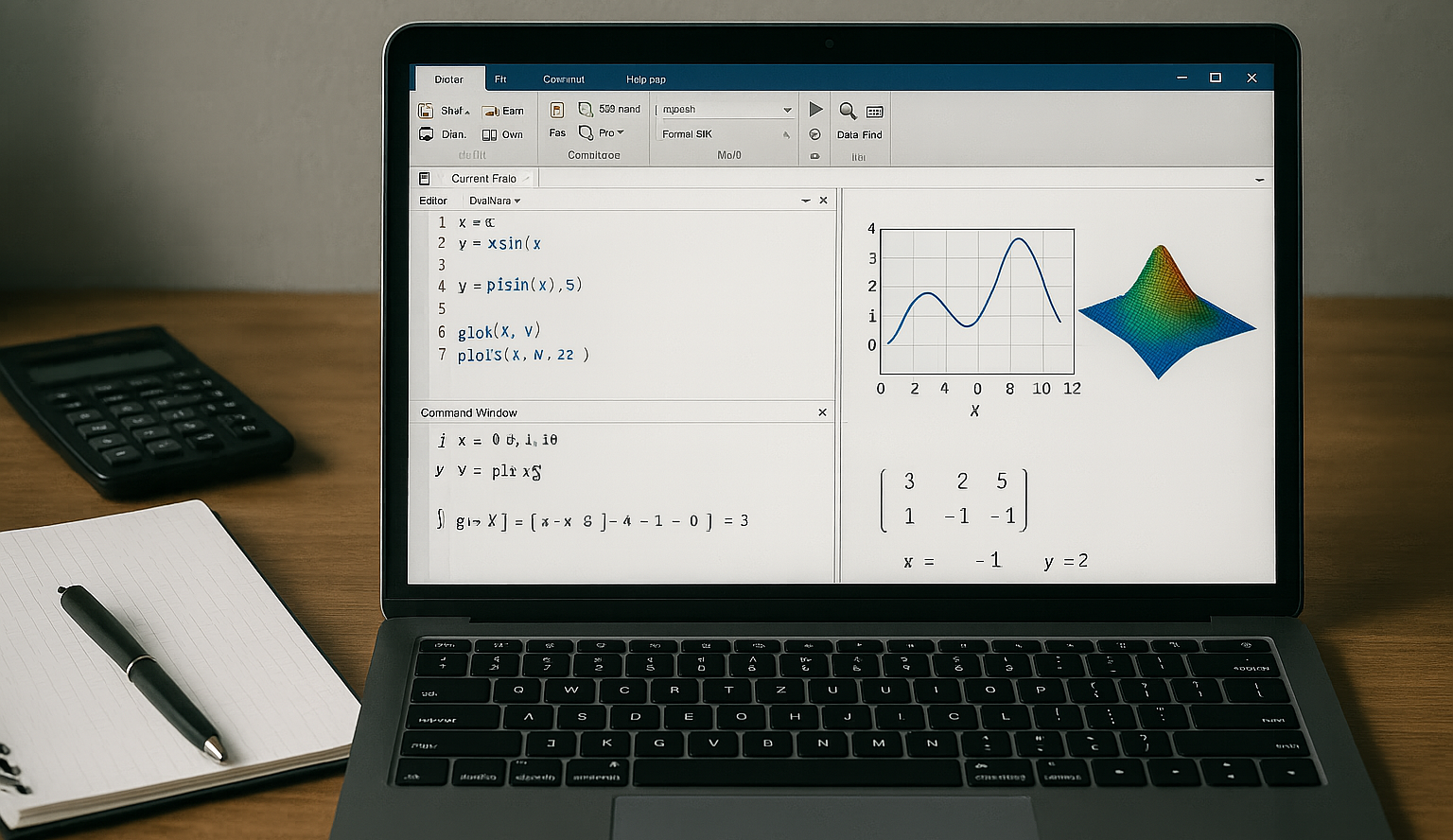
In this course, students will learn the basics of algorithms in numerical mathematics, analysis, and geometry, including computational errors and...
Gain skills for recognizing and addressing reading and writing difficulties – from diagnosis, to designing effective student support.
To teach about the content and scope of pedagogical diagnostics at the 1st level of primary school when practicing reading and writing. To present specific difficulties of pupils when practicing reading techniques, together with proven diagnostic procedures that can identify the cause of the difficulties, especially in the areas of auditory perception, visual perception, orientation, and the level of speech development. To demonstrate specific difficulties of pupils when practicing bound writing together with proven diagnostic procedures that can identify the cause of the difficulties, especially in the areas of gross motor skills, fine motor skills, graphomotor skills, orientation, visual perception, and visuomotor skills. To teach about diagnosing the grip of writing implements, and correcting incorrect grip. To orient oneself in specific errors in written expression that are caused by immature perceptual areas; to be able to distinguish them from purely spelling errors. Diagnosis of specific errors and their correction.
The student should master basic concepts from the phonetic-phonological level, and be familiar with the classification of Czech sounds. The student is expected to be able to explain the procedures for practicing reading techniques and writing, to use standard language in his/her speech, and to adhere to the principles of correct pronunciation. The student should be able to read fluently without errors, and write all of the letters of the Czech alphabet (lowercase and uppercase) at the level of the model in the exercise book.
After completing the course, the student demonstrates the ability to reflect on methodological procedures used in reading and writing practice. He/she can explain the procedures of pedagogical diagnostics in assessing the reading and written expression of primary school pupils. The student can describe the relationships between deficiencies in the reading process or writing (including graphomotor expression), and their causes. Based on diagnostic findings, he/she is able to propose appropriate corrective procedures for difficulties that arise within the reading process or the writing process.
Lecture with demonstration,
Lecture with student activation,
Lecture with video analysis,
Multimedia-supported teaching,
Seminar teaching (discussion methods),
Problem solving,
Discussions,
Stage methods (role playing),
Seminar teaching (research methods)),
Co-operative teaching,
Skill demonstration.
Faculty of Education
KČJ/DCP1
From 15. 6. 2025 to 31. 8. 2025
Winter semester 2025/2026
Room VC 221
FPE Building, Veleslavínova 42, Plzeň
Monday 7:30 – 9:10 a.m.
15. 9. 2025 – 15. 12. 2025
E-learning: 50h
After logging in, you will be redirected to the e-application form, where you must complete the registration.
Veleslavínova 42, Pilsen

In this course, students will learn the basics of algorithms in numerical mathematics, analysis, and geometry, including computational errors and...

The course introduces students to the basics of geographic information systems (GIS), spatial data, their analysis, and visualization. It also...

In SA2, students learn to formulate and interpret time series models and understand methods for estimating their parameters. Emphasis is...